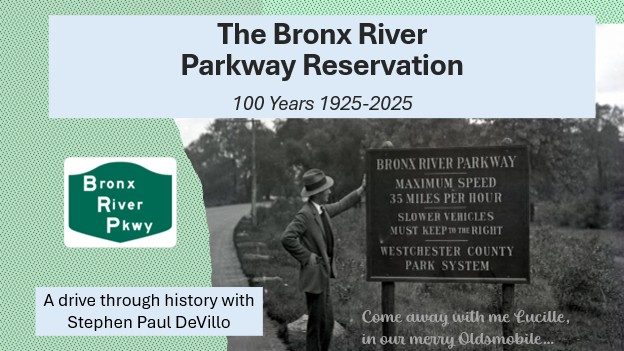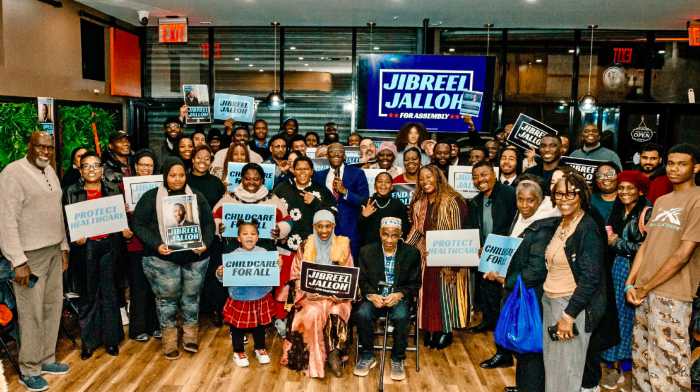As we have pointed out repeatedly since February, Republican Mayor Michael Bloomberg has charted an exceptionally contradictory course on gay marriage rights. By finally expressing his personal support for gay marriage on the very same day that he announced the city would appeal a trial court victory for gay and lesbian marriage plaintiffs in New York City, he essentially borrowed from the John Kerry playbook to allow himself to brag that he was for gay marriage before he was against it.
In the wake of the city’s intermediate appeals court victory last week, the mayor spoke exclusively to Gay City News and further accentuated the tensions in his position. He reiterated his concern that if gay marriages began in New York City without the assent of the Court of Appeals, the state’s highest, those unions could go the way of the 2004 San Francisco marriages later voided by that state’s Supreme Court. We asked the mayor whether his goal was to overturn the February marriage victory or merely to clarify the issue. He conceded that he “hope[s]” that same sex marriage will be ruled “legal under the Constitution” by the state’s high court.
If the mayor aims simply to clarify the marriage issue at the Court of Appeals, it is unclear why he has allowed city attorneys to make the argument that excluding gays from marriage is “rational” and that the purpose of that exclusion is “to encourage opposite-sex couples to marry to establish long-term relationships given the financial and legal obligations parents bear for their children.” That perspective, of course, ignores the identical need for financial and legal security that the children of same-sex couples deserve if they are to be equal under the law.
The mayor declined to defend his attorneys’ arguments, explaining simply, “They would argue that a good lawyer has an obligation to go out and do the best job for the client.” That client, of course, is Bloomberg himself.
The mayor indeed may have worried about the potential for chaos if New York City marriages were later overturned by the Court of Appeals, though gay Massachusetts Congressman Barney Frank carefully distinguished between the San Francisco and New York situations, arguing that the fact of thousands of legal same-sex marriages in the city would have immeasurably strengthened the gay rights hand at the high court.
Bloomberg may instead have been motivated by pressures from within his Republican Party. Governor George Pataki has national political aspirations, which will go nowhere if he is unable to surmount a threshold of credibility with the GOP’s strong Christian right wing. And of course, the White House, and Karl Rove in particular, would be loathe to surrender the gay marriage cudgel should New York’s Republican mayor become the leading symbol of acquiescence to the equality revolution.
The mayor’s personal motivations on this matter may never be known with certainty.
But at this stage in the game, LGBT advocates can work to enhance gay marriage prospects in the state courts by continuing to press the mayor to resolve the contradictions in his posture. Lambda Legal will seek Court of Appeals review of its loss last week at the intermediate appellate level. The mayor could still withdraw the city’s opposition to the marriage claimants or it could file a brief articulating no arguments in opposition but instead merely a request for final disposition of the issue.
That is unlikely, but the mayor needs to continue hearing from the LGBT community about this issue.
In the meanwhile, the community must take the mayor at his word that he would support a gay marriage law in Albany. In his face-to-face meeting with Gay City News, he specifically pledged to “testify” before the Legislature on the issue. And his in-house counsel, Anthony Crowell, first revealed that he would convene “a legislative meeting” of LGBT advocates in January “to discuss a variety of issues, identify our common goals, and pursue them accordingly.”
Nobody should discount the value of such a meeting. We cannot urge advocates strongly enough to prepare for this summit with specific and compelling recommendations on how the mayor can deliver on his stated commitment to make gay marriage a reality in New York. The import of Bloomberg testifying on our behalf before the Legislature is impossible to overestimate, but his active—and unasked—advocacy for gay marriage is also needed immediately in the enormous effort to educate the New York public about this simple—but apparently threatening—concept of equality.
To date, Democrats, the bulk of them from New York City, have taken the lead on the marriage issue in Albany, State Senator Tom Duane and Assemblyman Dick Gottfried, both Manhattanites, chief among them. These Democrats must be part of the dialogue with the mayor.
Social change of this scope always seems at first blush a terrifying risk to most politicians, and when elected officials do get around to choosing to lead, they are often jealous of sharing credit. Gay marriage equality is much too important an issue to be bogged down by partisanship. Democrats must push for action in the State Assembly that their party controls and they must work with New York’s Republican mayor to move the GOP-run Senate.
It’s time to get real and focus on concrete next steps in our fight for marriage equality.
gaycitynews.com













